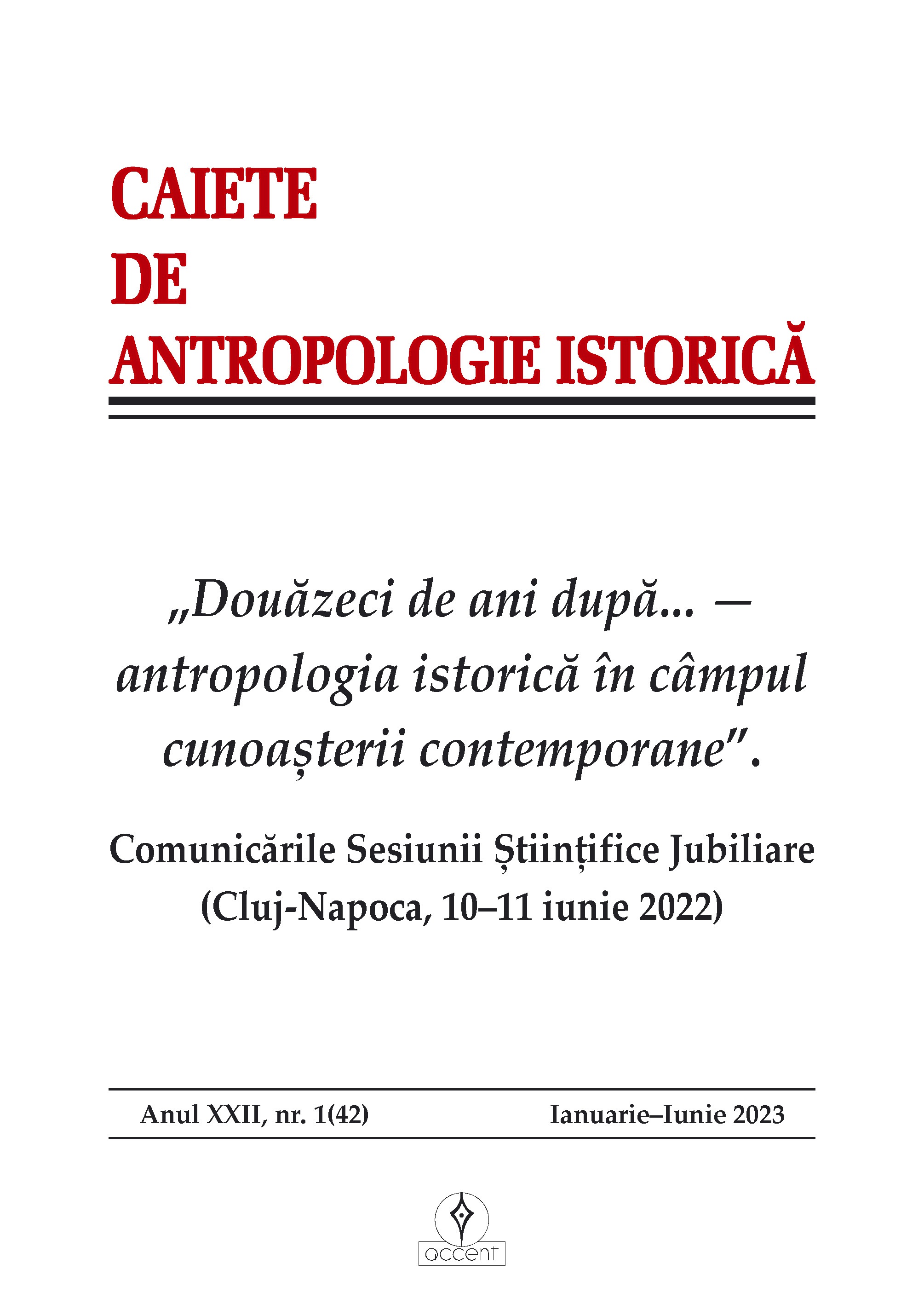„Ego-istoriile”: o analiză critică și o propunere
“Ego-histories”: A Critical Analysis and Proposal
Author(s): Alexandru-Florin PlatonSubject(s): History of ideas, Local History / Microhistory, Recent History (1900 till today)
Published by: Accent Publisher
Keywords: “ego-histories”; “linguistic turn”; subjectivity;
Summary/Abstract: Born in 1987, following a well-known book, conceived by Pierre Nora (“Essais d’ego-histoire”), and in an intellectual context marked by the “inversion of the subject” and the “linguistic turn”, specific to the 80s–90s of the 20th century, the historiographic genre of the same name (“ego history”) is currently experiencing an impressive vogue. Until now, several dozen volumes have appeared, in which historians make their autobiographies and narrate, with more or less talent, their intellectual and academic journey. The most recent ones are those gathered by Patrick Boucheron in the “Itinéraires” collection, founded in 2011 at Éditions de la Sorbonne. A brief comparison of the contributions collected by Pierre Nora in the book published in 1987 (thanks to prominent French historians at the time, such as: Maurice Agulhon, Pierre Chaunu, Georges Duby, Raoul Girardet, Jacques Le Goff, Michelle Perro and René Rémond) and the more recent “ego-histories” highlights some major differences and a similarity. The differences come from the fact that the 1987 studies repudiate the intimate side of gender and are more inclined (in a very limited way) to a theoretical reflection on the relationship between narrative subjectivity and analytical objectivity as assumptions of their approach. From this point of view, the contributions of the seven historians are clearly superior to the more recent “ego-histories”, whose authors are very honest (even indiscreet) about their private lives, without showing the same theoretical reflexivity as their predecessors (poorly represented). But both the old “ego-histories” and the new “ego-histories” have one thing in common: their poverty as biographies of a more general purpose. Perhaps more illustrative than individual documents, they are incapable of conveying life experiences that have a more general meaning and are capable of elevating the biographies they tell to the level of models for all (or at least a few) who read them. This is essentially due to the almost complete lack of connection, of all these autobiographies, with the social, cultural and political context in which their authors lived and were formed. A deeper understanding of their historical time would have transformed these personal accounts into real documents, illustrative not only of the biographies of their authors, but, through them, of an entire era. Future “ego-historians”, to fully deserve their name, should take this necessity into account. This is the proposal of the author of this article.
Journal: Caiete de Antropologie Istorică
- Issue Year: 2023
- Issue No: 42
- Page Range: 14-31
- Page Count: 18
- Language: Romanian

